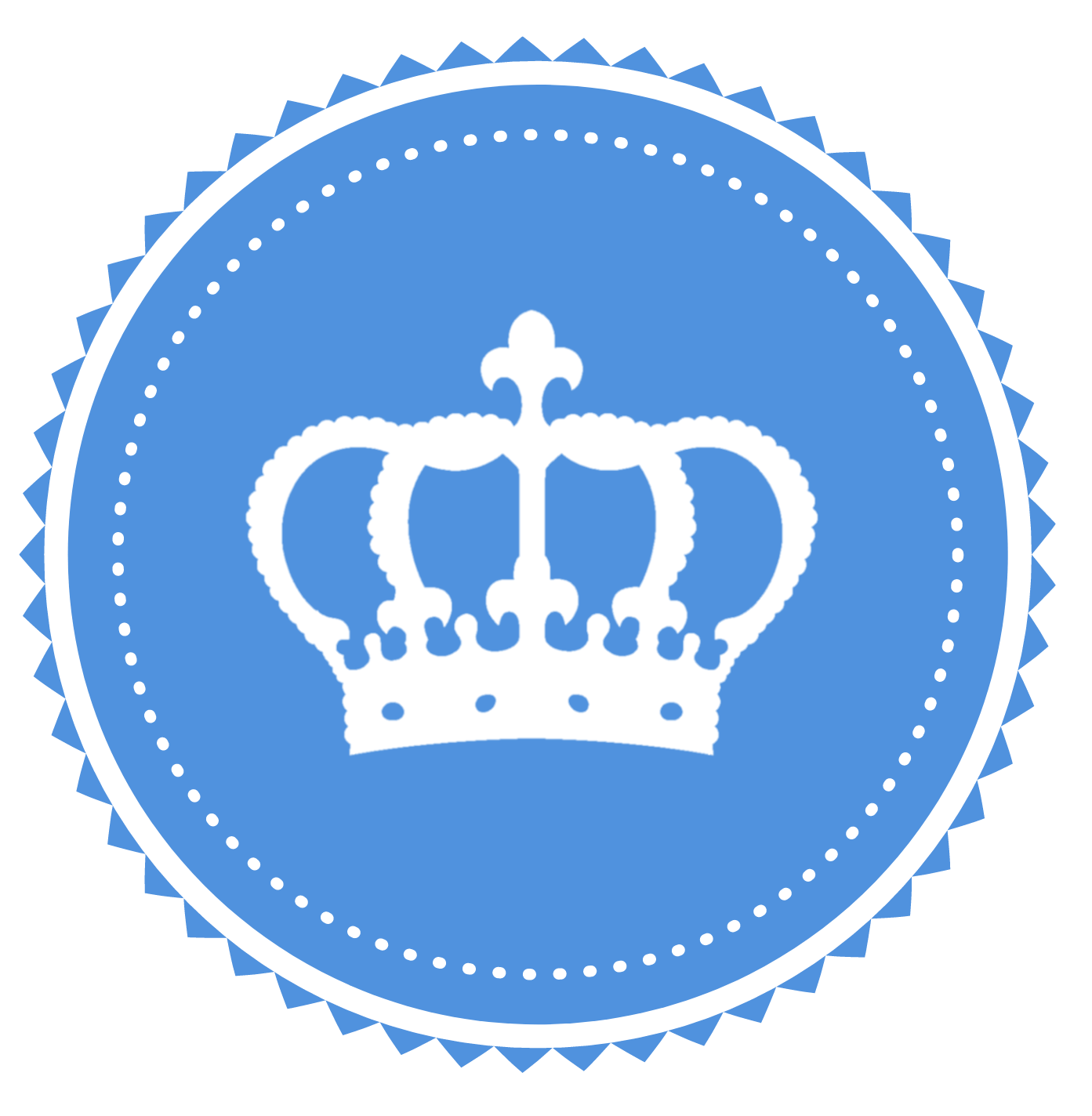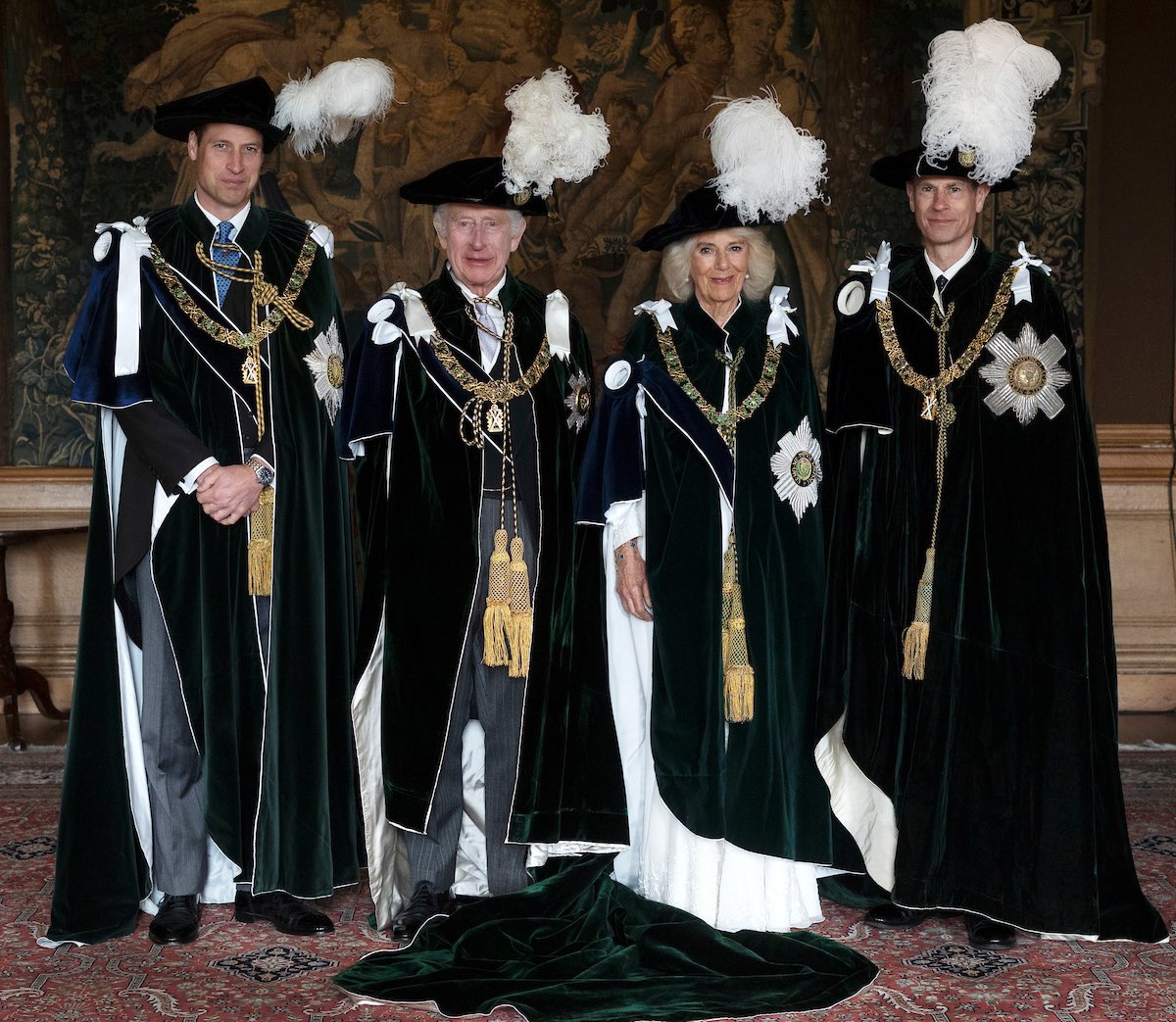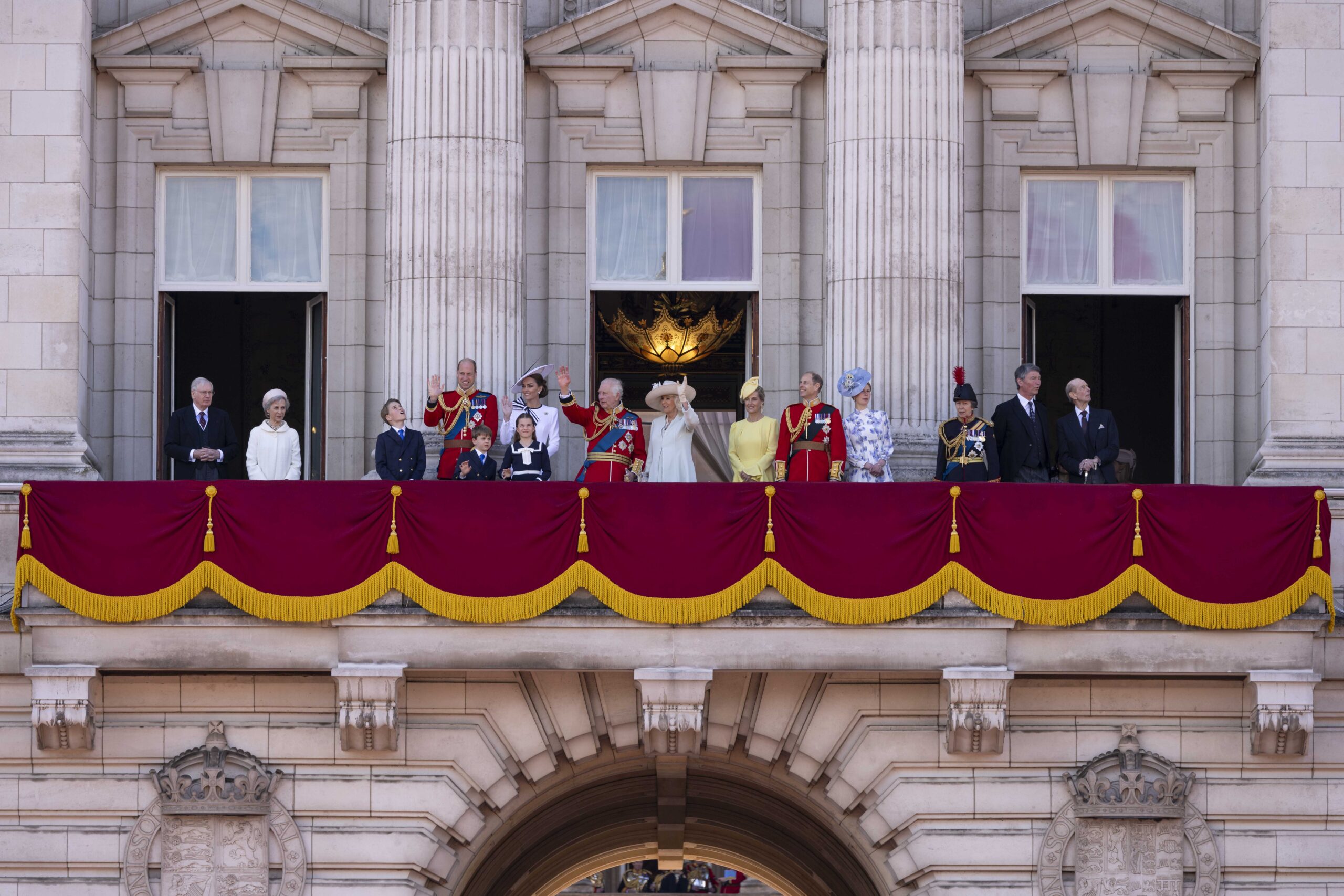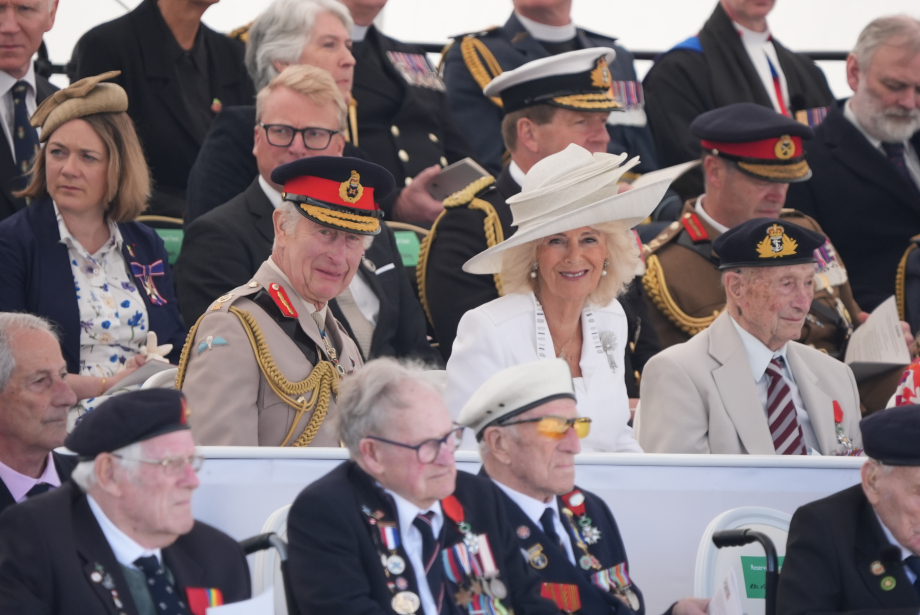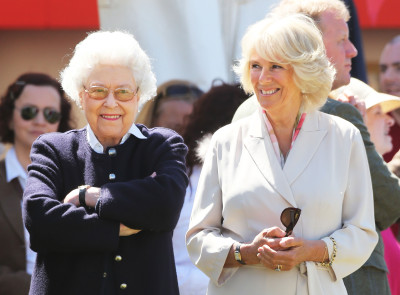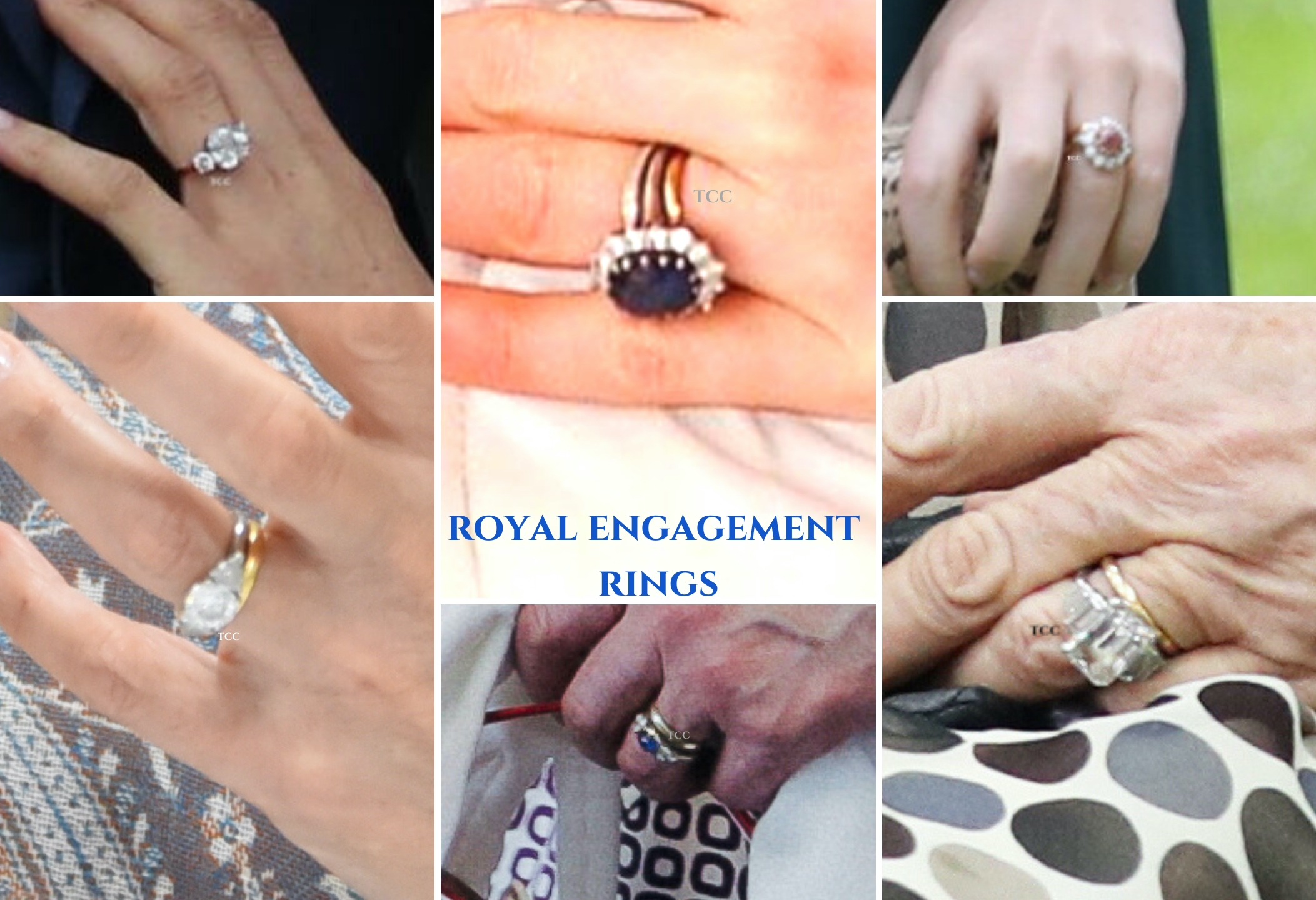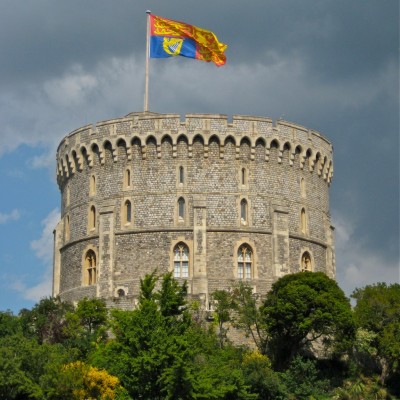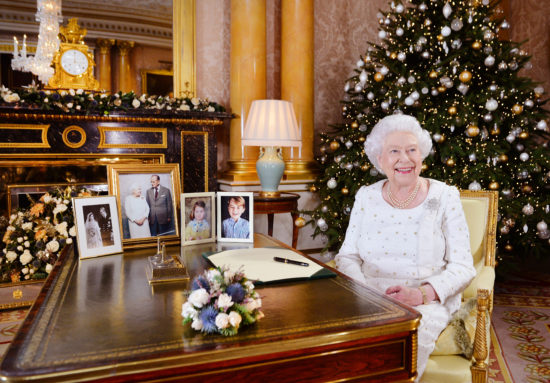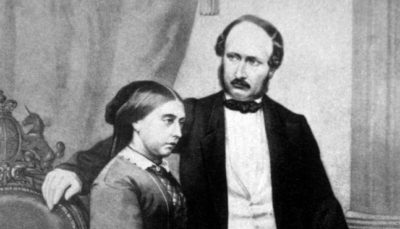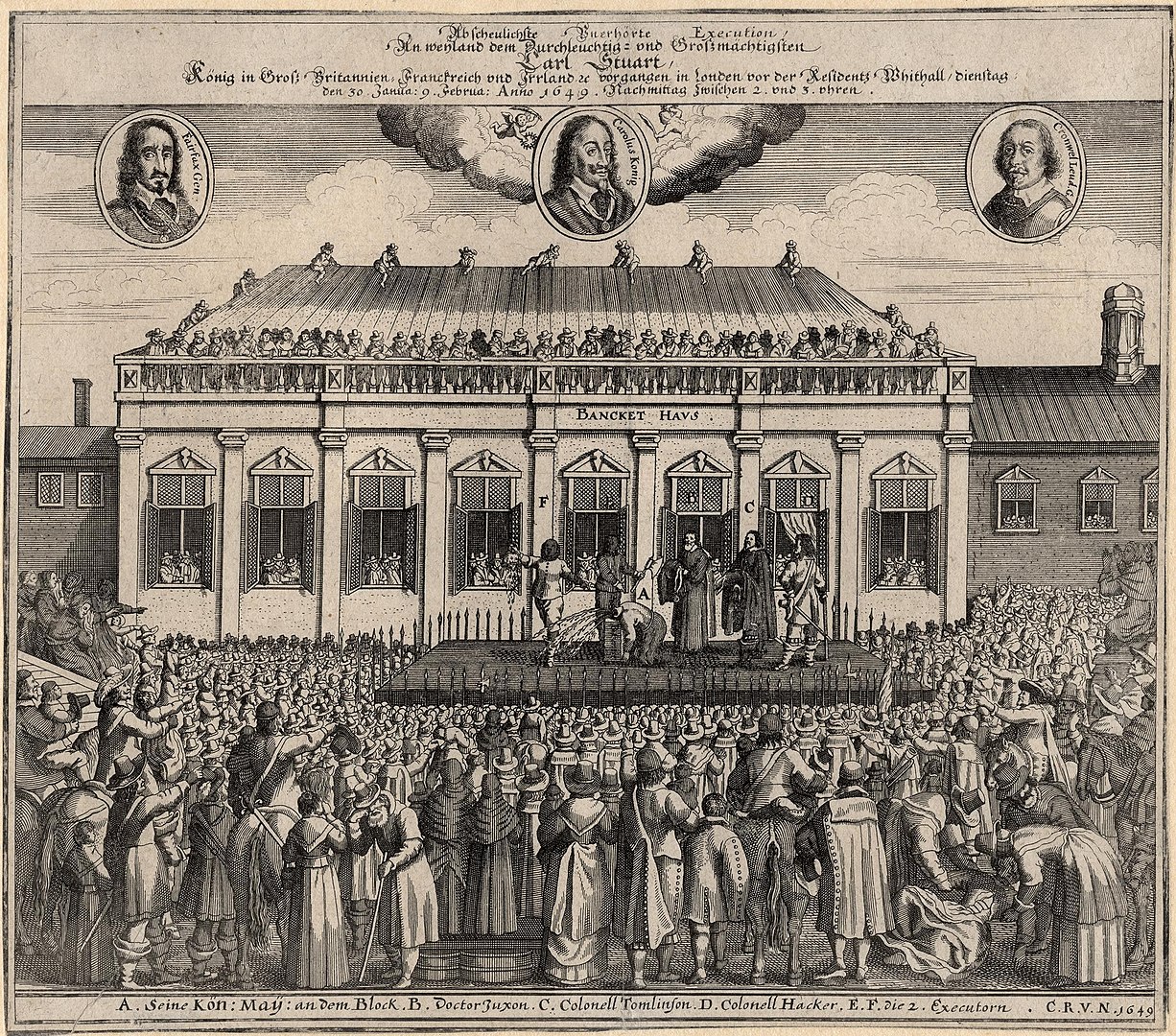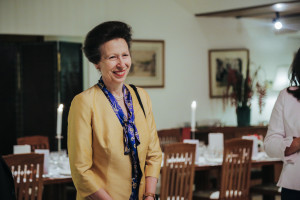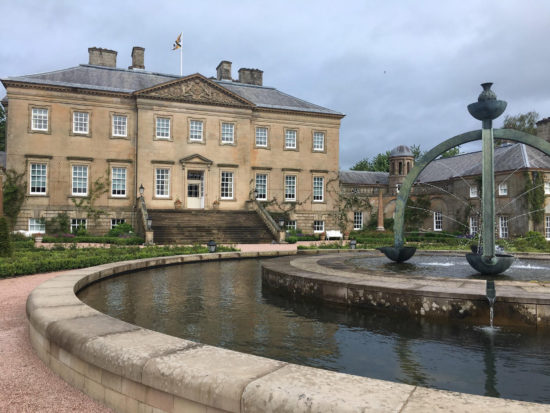Today, The Duchess of Cornwall visited Poland to attend commemorations to mark the 75th anniversary of the liberation the former Auschwitz-Birkenau camp. It is also Holocaust Memorial Day.
Camilla joined survivors of the Holocaust, Heads of State and Governments, as well as Royals, for a service marking 75 years since the concentration camp was liberated by the Soviets in 1945. The Duchess of Cornwall led the UK delegation and was joined by Lord Eric Pickles, the UK Post-Holocaust envoy, London Mayor Sadiq Khan, as well as representatives of the Jewish community.
Other Royals attending the service included King Philippe and Queen Mathilde of Belgium, Grand Duke Henri of Luxembourg, King Willem-Alexander and Queen Maxima of the Netherlands, King Felipe and Queen Letizia of Spain, Crown Prince Haakon of Norway and Crown Princess Victoria of Sweden.
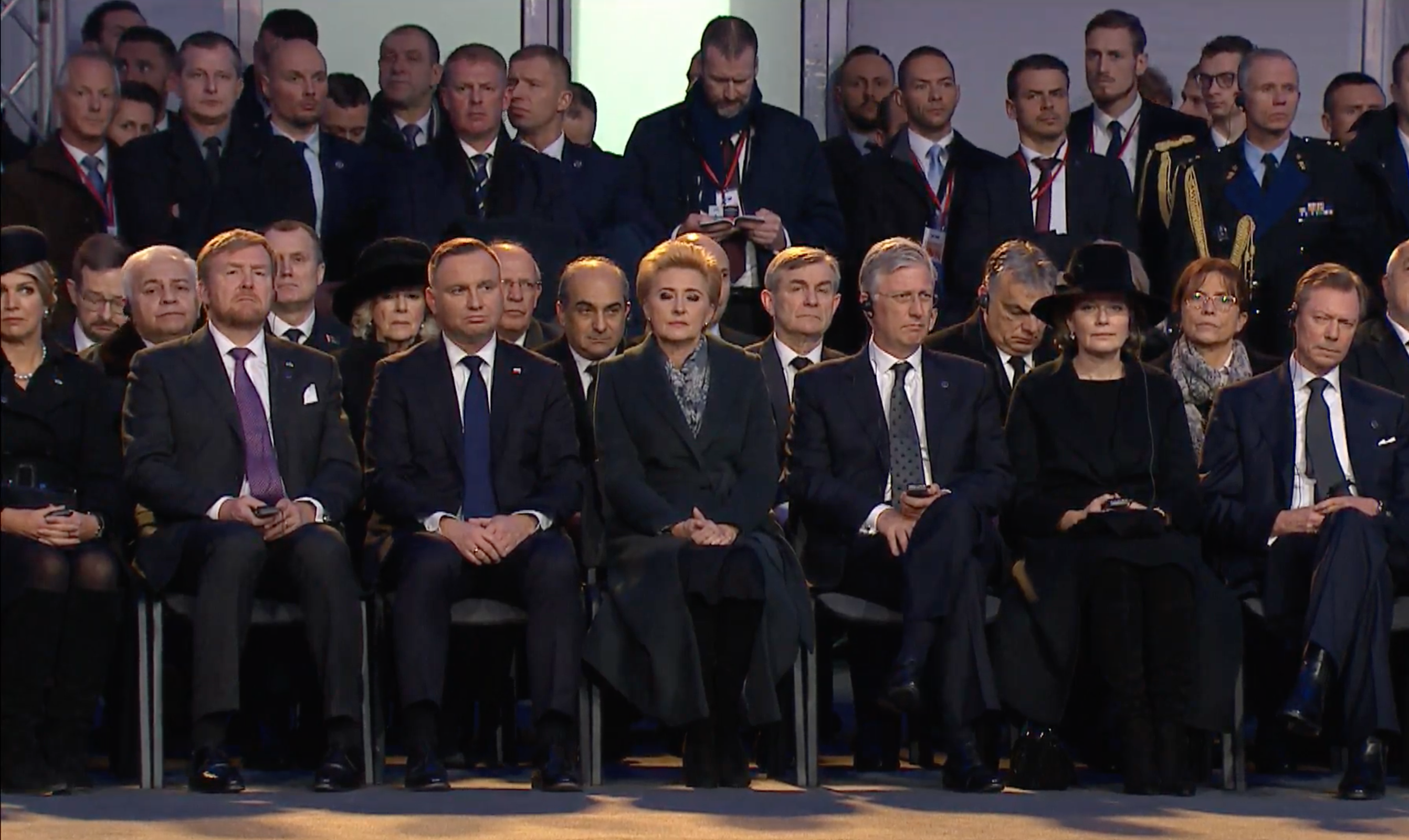
The Duchess of Conrwall sits behind Willem-Alexander and Maxima of the Netherlands, attending the service to mark 75 years since the Holocaust and Holocaust Memorial Day (live stream still)
Andrzej Duda, President of the Republic of Poland, delivered the welcome address in the tent before the infamous and iconic ‘Gate of Death’ at the camp. This was followed by readings from Auschwitz survivors. Around 200 Auschwitz and Holocaust survivors from the UK, Europe, the US, Canada, Israel and Australia took park in the service.
Ronald Lauder, President of the World Jewish Congress, spoke about the importance of fighting anti-Semitism as it is “a virus that will never go away.”
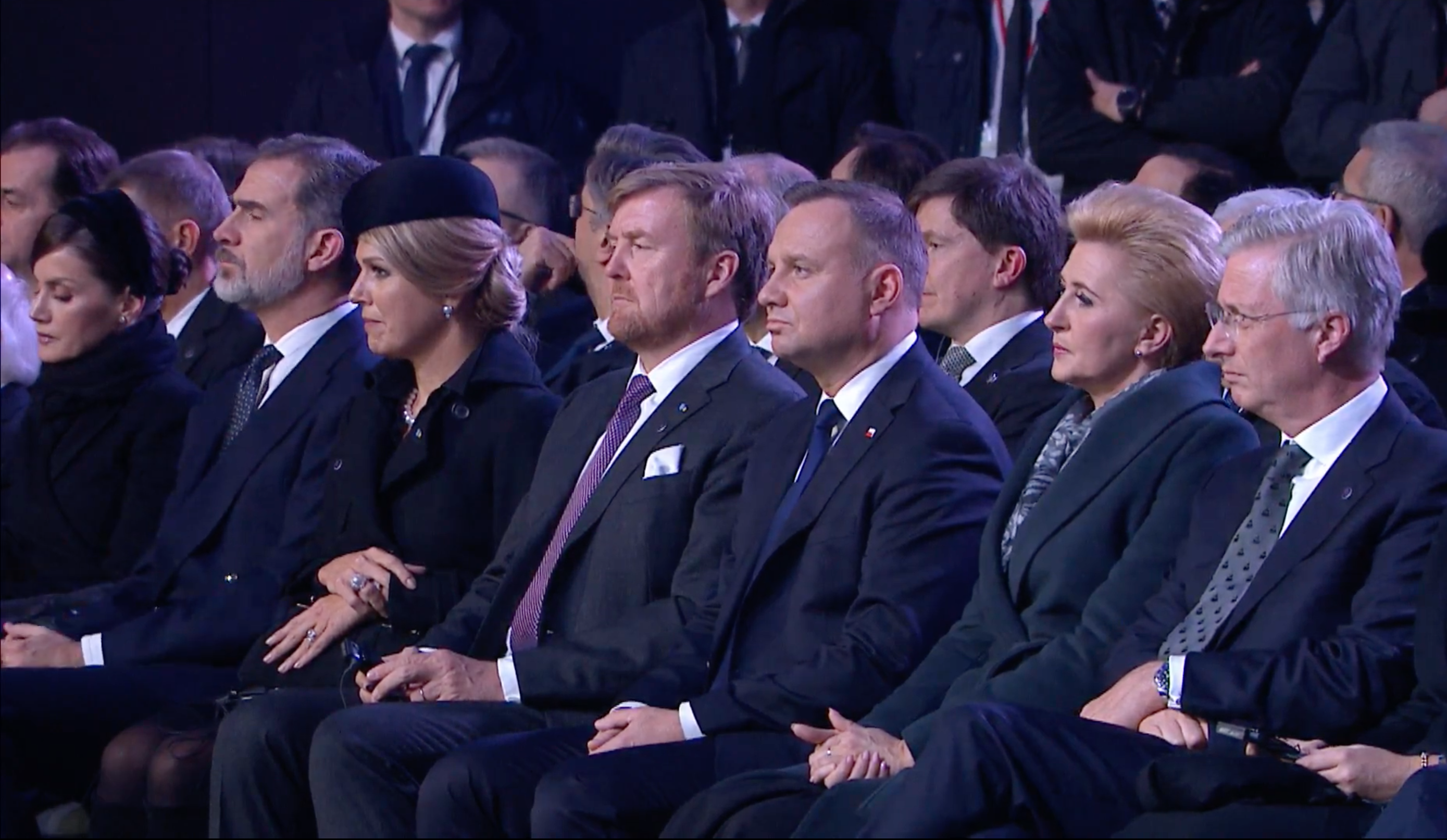
Kings and Queens from across Europe joined the commemoration (live stream still)
At the conclusion of the service, the Duchess joined other delegates and walked alongside the 700m railway lines that brought prisoners to Auschwitz, or Oświęcim in Polish. At the end of the walk, candles were placed at the main monument, paying tribute to the victims of the Holocaust.
The UK delegation also included survivors Renee Salt and Hannah Lewis. Renee was born in Poland in 1929 and was taken with her parents to Auschwitz-Birkenau, as Germany expanded its borders into Poland. Renee and her mother were then transported to Hamburg to work in a warehouse, before being sent to Bergen-Belsen, in Niedersachsen (Lower Saxony), Germany. They were liberated from their internment by the British Army on 15th April 1945, but Renee’s mother died 12 days later.
Hannah was born in Poland in 1937. In 1943, Hannah and her family were forcibly marched to a labour camp, but over time most of her family disappeared. Hannah and her mother remained at the camp but in the winter of 1944 her mother was shot. Hannah survived the camp and was the only member of her family to survive the Holocaust.
The Duchess of Cornwall meets Holocaust survivors Hannah Lewis and Renee Salt following #Auschwitz75 commemorations in Poland today.#HolocaustMemorialDay #HMD2020 pic.twitter.com/rfJ4zKzTT0
— Clarence House (@ClarenceHouse) January 27, 2020
Over 6 million Jews were killed during the Holocaust, 1.1 million of them murdered at Auschwitz. Auschwitz differed from other camps because it included a concentration camp, a labour camp and large gas chambers and crematoria. Those not sent directly to the gas chambers upon arrival were sentenced to forced labour.
Between 1940 and 1945:
● 1,095,000 Jews were deported to Auschwitz, and of them 960,000 killed
● 150,000 Non-Jewish Poles deported, 74,000 killed
● 23,000 Roma Gypsies deported, 21,000 killed
● 15,000 Soviet prisoners of war deported, all killed
● 25,000 other nationalities deported, 15,000 killed
It is estimated that the Nazis transferred 65,000 prisoners out of Auschwitz and began to destroy evidence of their crimes between August 1944 and January 1945, when it was clear the Russians were moving in and the Allies were winning the war. Most of the 7,000 prisoners left behind in the camps were ill and exhausted.
Duchess Kate takes photos of Holocaust survivors & their grandchildren to mark 75 years since Auschwitz
spitals and the Camp Hospital of the Polish Red Cross, set up by Polish volunteers. Around 4,500 survivors, including 400 children and citizens of more than 20 countries, were treated there.
Prince Charles, who is patron of the Holocaust Memorial Day Trust, wrote the foreword for the ceremony’s order of service. The Prince of Wales became patron in 2017.
He wrote: “In 2017, I was delighted to be able to welcome survivors of the Holocaust and genocide to a special reception at St James’s Palace. While speaking with them, I was struck by the immense courage and dignity of these remarkable people, whose lives had been so brutally uprooted because of the persecution they faced.
“After such appalling experiences, they have forged new homes in the United Kingdom and it was the most enormous privilege to meet these extraordinarily brave individuals and to hear their often heartbreaking stories.”
You can read the full foreword here.
2020 marks the 15th anniversary of the adoption of 27th January as the International Holocaust Remembrance Day by the United Nations. It is a day for remembrance of those killed in the Holocaust (or Shoah), but also in the genocides in Cambodia, Rwanda, Bosnia and Darfur.
Featured images via Fernando Martín/Flickr
